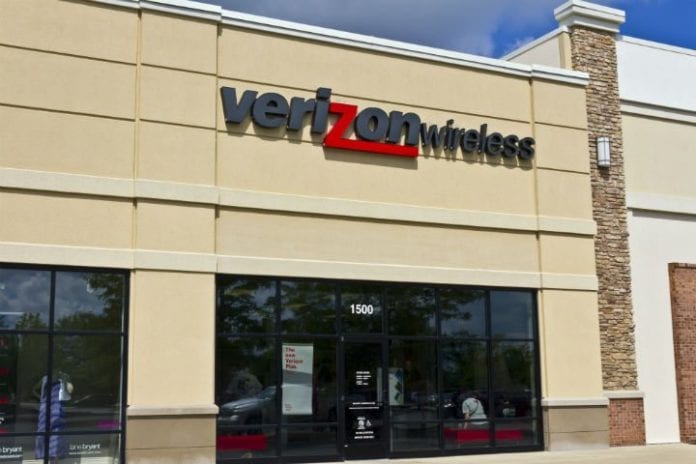Verizon reported fourth-quarter revenue of almost $34 billion, topping analysts’ estimates as it posted its first year-over-year wireless revenue growth in two years. Total revenue for Verizon’s wireless business was $23.8 billion, up 1.7% compared to the fourth quarter of 2016. For the full year, wireless revenue was $87.5 billion, down 1.9% year-on-year. For the company as a whole, revenue for the full year was $126 billion, down about 2% excluding divestitures and acquisitions.
The company said capital spending for 2018 will be in the range of $17.0 billion to $17.8 billion, including the commercial launch of 5G. (More on Verizon’s network investment strategy.) During the fourth quarter, Verizon invested $3.3 billion in capital equipment for its wireless networks.
Verizon added 1.2 million retail postpaid connections in fourth-quarter 2017. Almost half of those were “other connected devices” (not phones or tablets), and Verizon said wearable devices were the strongest contributor to its growing internet of things business. Revenue from Verizon’s internet of things business increased approximately 17% year over year, the company said, and about half of that growth was attributable to acquisitions.
For all of 2017, postpaid net additions were 2.1 million, including 1.8 million smartphones, Verizon’s highest total since 2015. The company said it ended 2017 with 116.3 million total retail connections.
Verizon’s stock price showed little reaction to the company’s earnings report. Although revenue beat expectations, earnings were slightly below projections.
Verizon’s earnings release also discussed the impact of tax reform. The company said tax reform will add $3.5 billion to $4 billion to its cash flow this year, money which it will use to strengthen its balance sheet. Verizon carries a heavy debt load due to its acquisitions of Yahoo, AOL and the part of its own business that was previously owned by Vodafone.
Employees of Verizon are going to “share in the company’s success,” according to today’s release. AT&T and Comcast both gave bonuses to their employees after the tax reform legislation passed, and Verizon management may be feeling pressure to do something similar.

